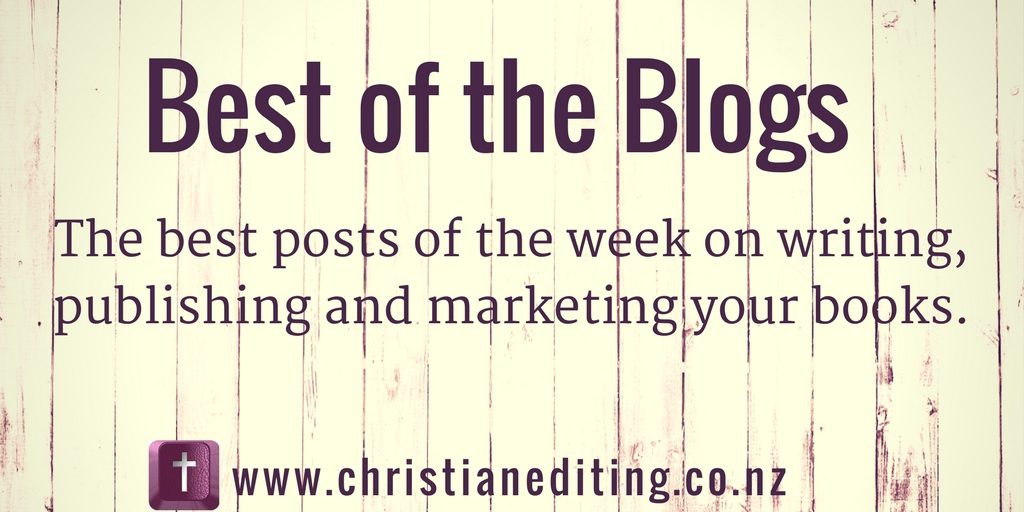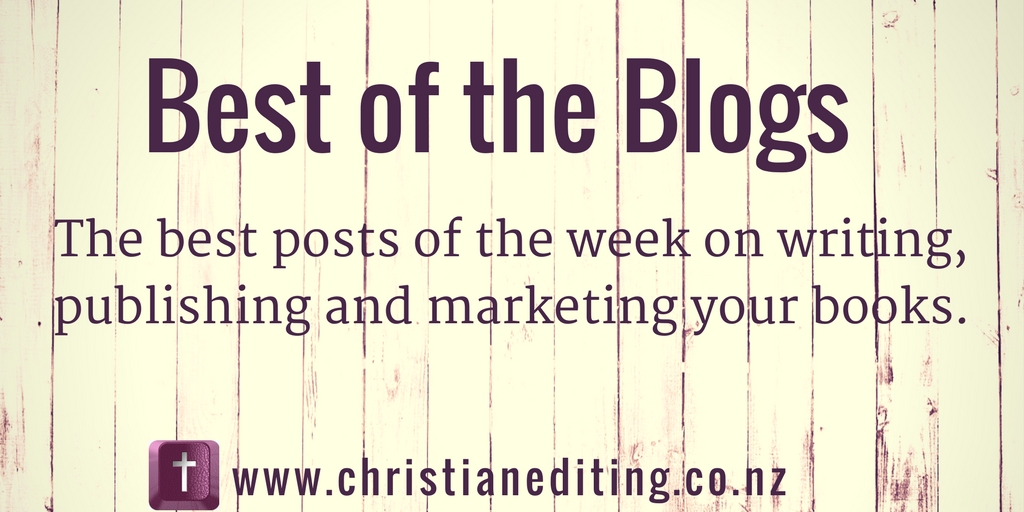I’ve been wanting to write a blog post about Michael Hauge’s Six-Stage Structure since attending his all-day session at the Romance Writers of New Zealand conference in August 2016. I did write a summary post (Identity, Essence, and God), but I didn’t cover the detail of his approach to writing novels and screenplays.
I couldn’t. Because it can’t be boiled down to a 600-word blog post. But over the last year I have come across some free and paid resources where Michael Hauge explains his approach to plot. So I’m going to share those instead of trying to cover everything myself.
Michael Hauge is best known as a screenwriting consultant, and his books do tend to focus on screenplays. But (as he argues), the essential elements of fiction are the same, whether the medium is novel or film or TV. And many writers would like to see their novels adapted into a film—it seems to me that we give ourselves the best chance of making that possible if we start by writing a novel that is structured like a film.
Yes, structure is the key.
A lot of writing instructors focus entirely on plot or structure. It’s not that they ignore character. It’s more that they place structure first. Plot then falls out of that, then character. But if you’ve tried to write a book like that, you’ve probably found it more difficult than it sounds. I think the reason is that it’s easy to explain structure: it’s a formula (and that’s not a bad thing). It’s engineering, and there is a right way to build a story.
Character is harder. Everyone is unique, and our characters also have to be unique. But trying to develop unique characters can’t be reduced to a formula. And that’s where Michael Hauge’s Six Stage Structure can help. (Click here to download a copy.)
Hauge’s methodology complements the work of many other leading writing teachers, e.g.
- The standard three-act structure (e.g James Scott Bell, Larry Brooks, and KM Weiland)
- Internal and external GMC (e.g. Debra Dixon)
- The balance between plot and character (e.g. Randy Ingermanson, Jeff Gherke)
- The importance of the character’s back story in creating the person they are at the beginning of the story (e.g. Lisa Cron, Angela Ackerman and Becca Puglisi)
Here are a few key lessons from Michael Hauge:
- Your role as a writer is to elicit emotion in the reader. That’s it.
- The way you elicit emotion is by introducing conflict. Internal and external conflict is what engages your reader (or viewer) and gets them to care.
- You can manipulate conflict using techniques such as a ticking close, or superior knowledge.
- All stories are about a character who wants something, but something stands in their way. This must be a visible goal.
- All characters have an emotional wound they are trying to overcome, and the best way to reveal the wound is through dialogue i.e. show, don’t tell.
- Avoid multiple-hero stories.
For more information:
Film Courage Interview
Film Courage interviewed Michael in January 2017, and the 90-minute recording is available on YouTube. It’s their most-viewed interview of 2017, and I can see why.
Udemy Course
The interview references some work Michael Hauge did with Chris Vogler, integrating Hauge’s Story Structure with Vogler’s Hero’s Journey. This is available via Udemy. The full course includes over six hours of video. The full price is $175, but Udemy hold regular sales (I got it for $10). I suggest signing up for Udemy’s newsletter so you get notified when they hold a sale.
Writing Screenplays that Sell
Michael Hauge has several books. I’ve read Writing Screenplays That Sell, which I recommend. Hauge goes into a lot of detail about character development, theme, and structure, then moves into how to write and format a screenplay. This section is of less use to novelists but is still worth reading for the occasional relevant nugget. But the book is worth the price for the information in the first section.
You can read the introduction below:




